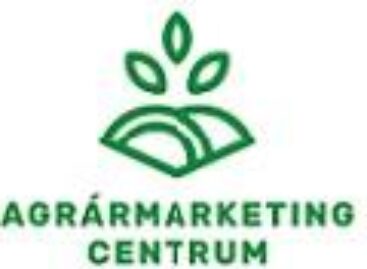What’s next? – According to Nenad Pacek, Péter Noszek, Arthur Keleti, Zsoltán Gazsi, György Jaksity
This year on May 30, Trade Magazine organized an exclusive event for corporate decision-makers in the FMCG market. The traditionally held half-day Business Meetup&Dinner professional program this year also focused on current economic issues. A brief summary of this event will be followed by a more detailed report in Trade Magazine’s 2024/8-9 issue.
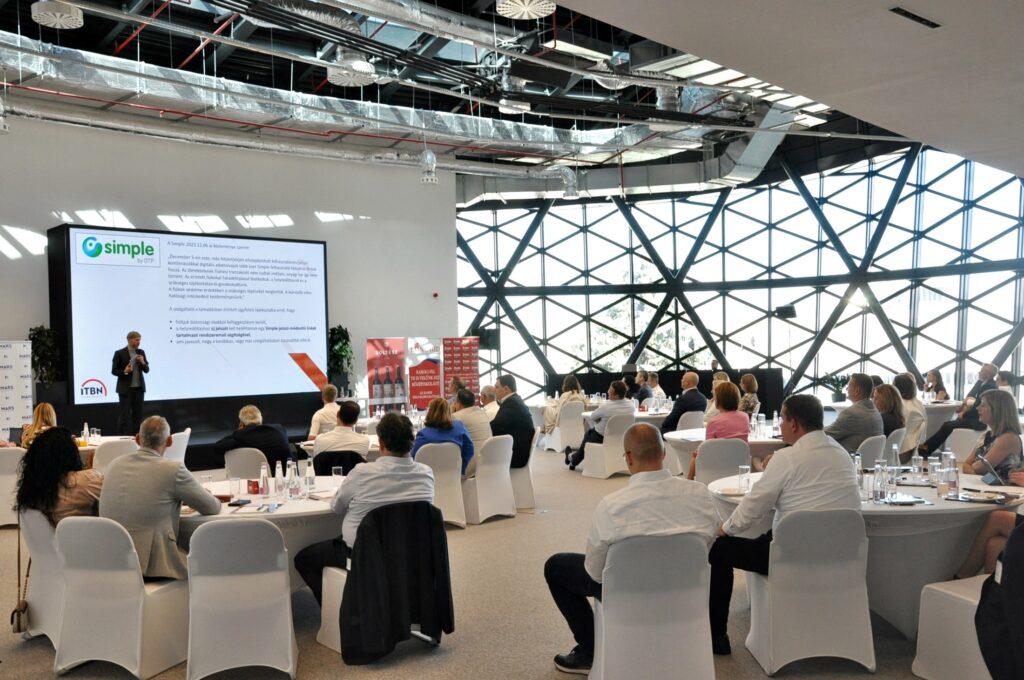
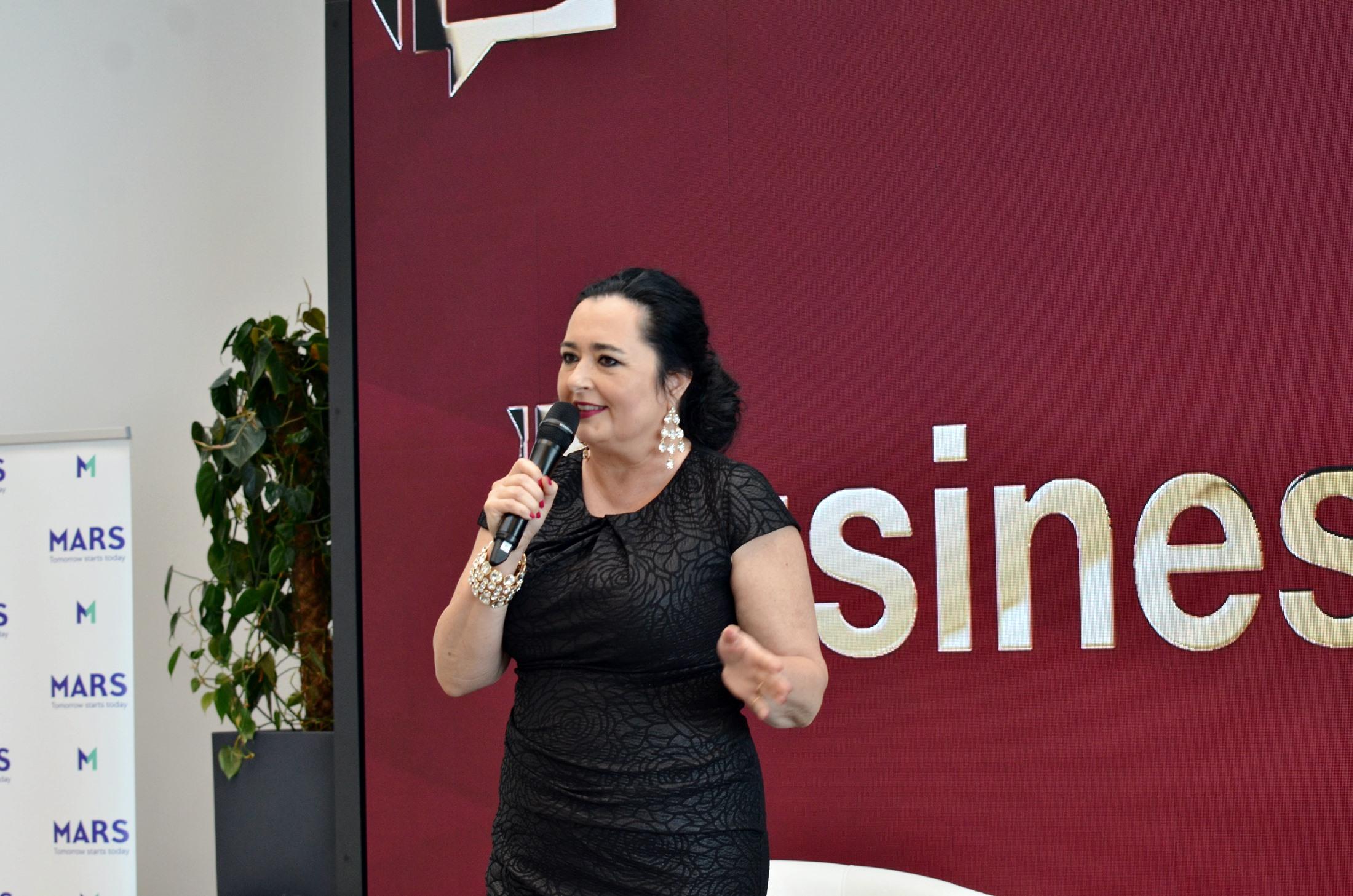
Zsuzsanna Hermann
The event took place at Hungexpo, hosted by Szilvia Krizsó. In the opening, Zsuzsanna Hermann, the managing editor of Trade Magazine, emphasized that this occasion can also be seen as the day zero of the five-day Business Days conference in September, as the macroeconomic overview presented here will be continued there focusing on the domestic market.
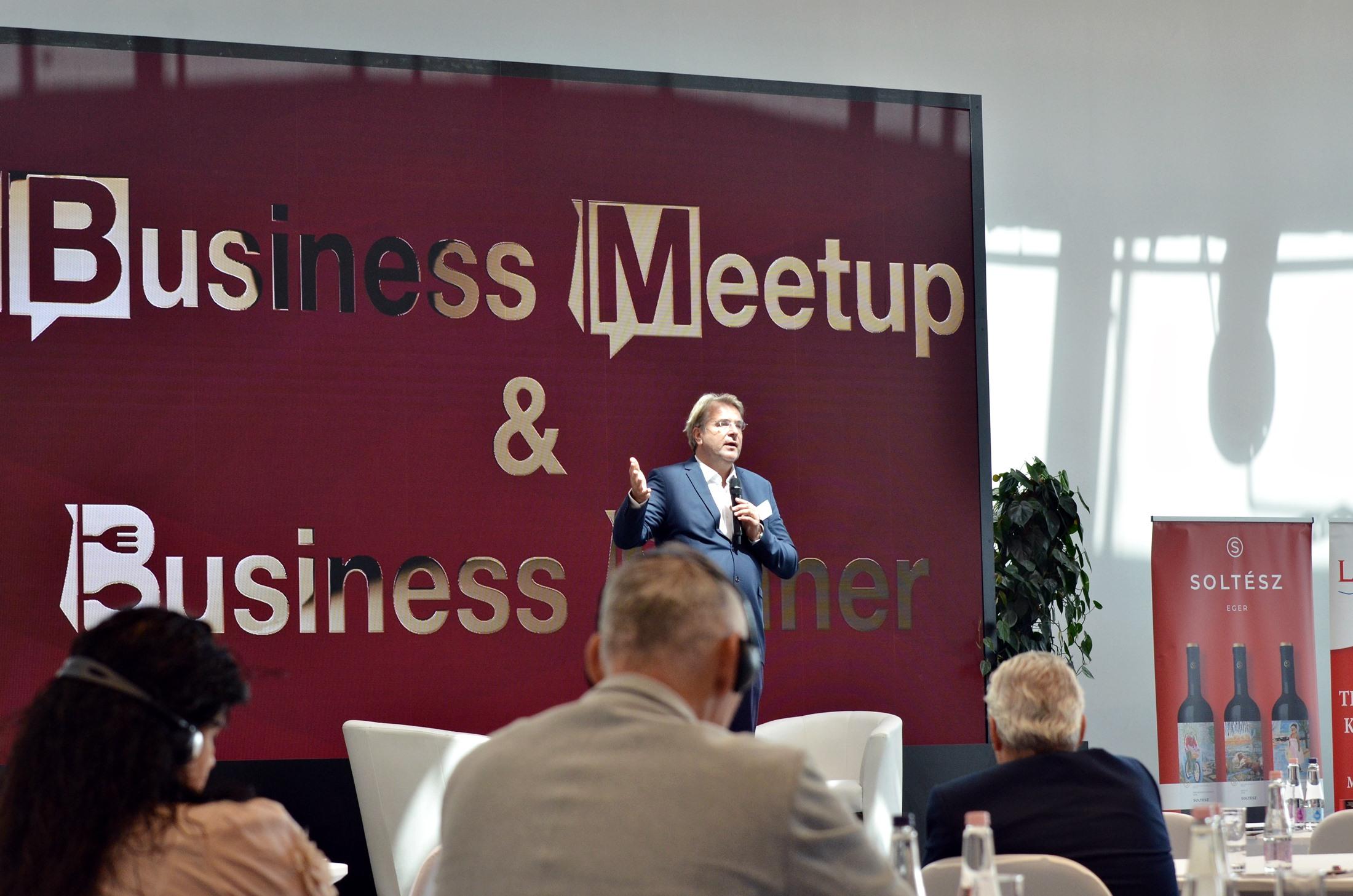
Nenad Pacek
Nenad Pacek, founder and president of Global Success Advisors and the EMEA Business Group, kicked off the series of presentations with his exposition titled “Macroeconomic Analysis of Global Markets.” He reported more positive outlooks compared to last year in the global economy, mentioning the decrease in producer and supplier prices in Europe and globally. He explained that inflation has significantly eased worldwide, offering central banks the opportunity for interest rate reductions. According to him, the situation will stabilize over the next few years, but he also outlined several geopolitical risks that could potentially affect economic growth. Overall, the presentation painted a cautiously optimistic picture of the future economic situation, reminding the importance of risk management in global trade and economic policy.
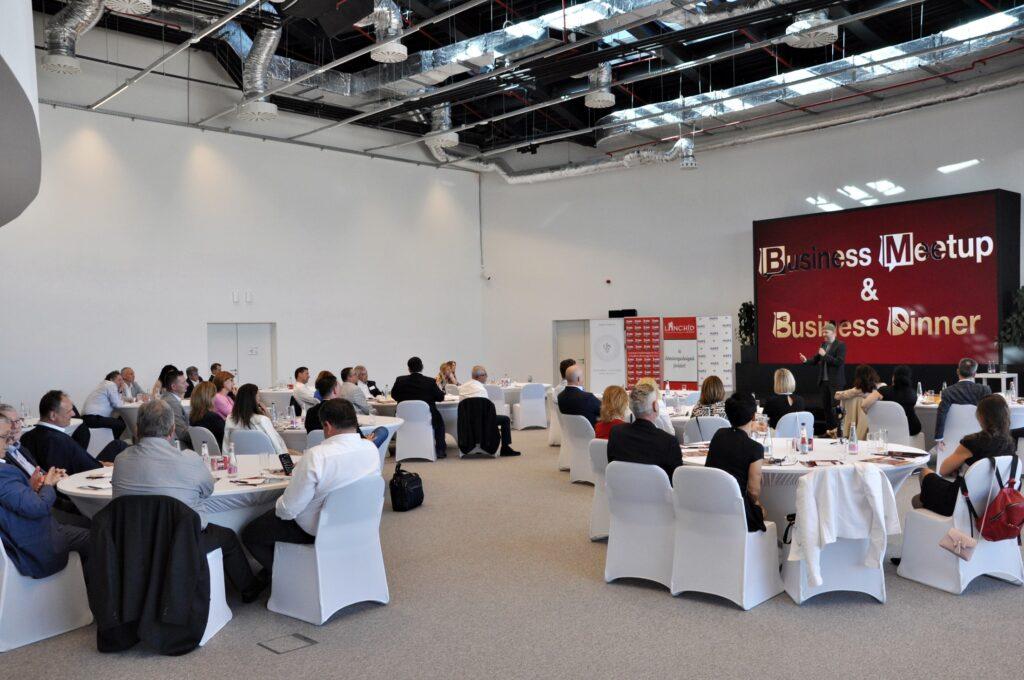
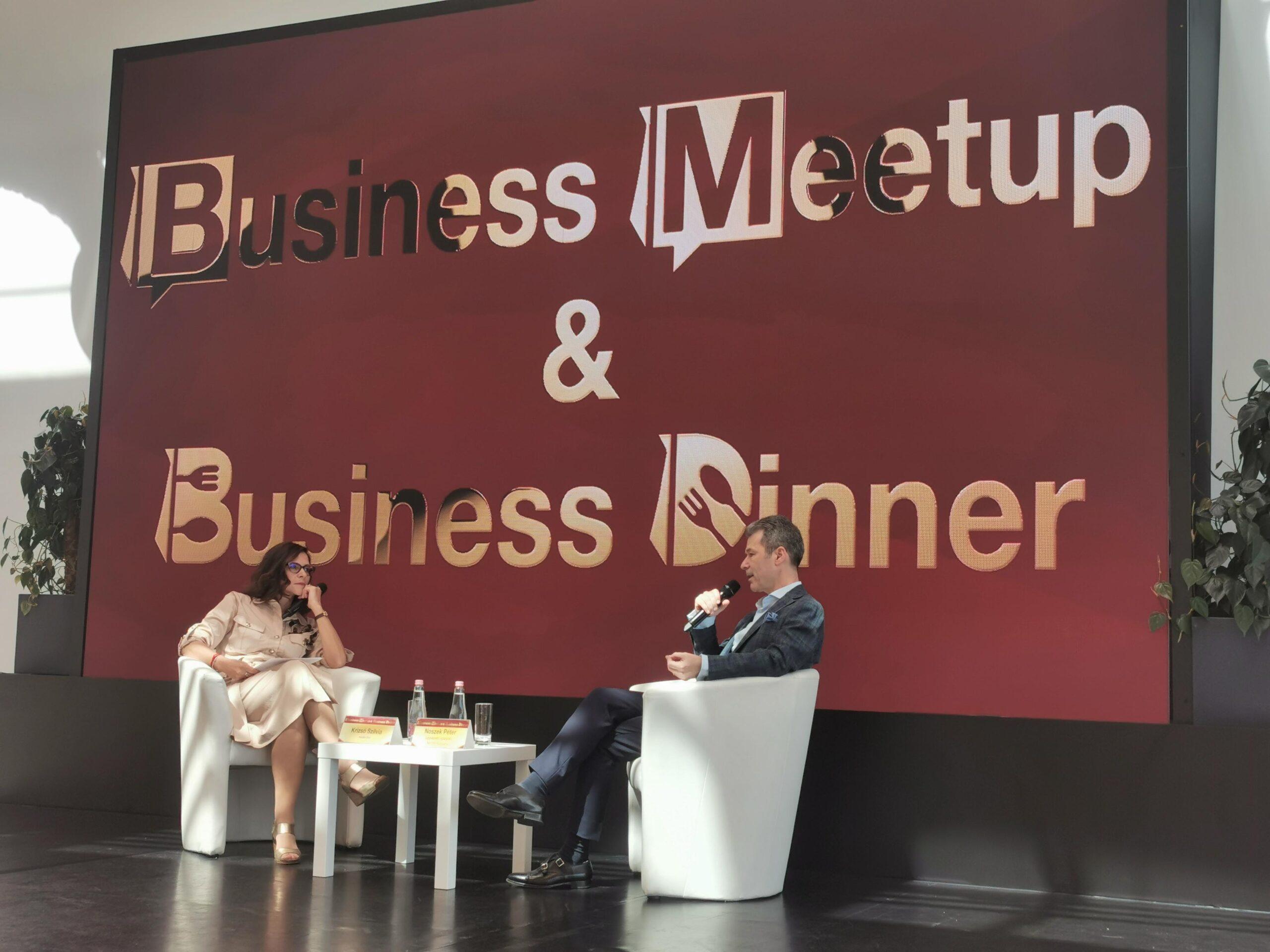
Péter Noszek with Szilvia Krizsó
Following the presentation, Szilvia Krizsó had a dialogue with Péter Noszek, the managing director of Nestlé Hungária. The leader of the world’s number one food industry company emphasized the importance of maintaining competitiveness, highlighting how the global economic situation, inflationary pressures, and changes in producer prices create challenges and opportunities for both the company and the entire FMCG sector. They also discussed the necessity of continuous innovation and adaptation to market demands, as well as long-term planning and strategic thinking. They touched on corporate investments and the efficiency of manufacturing processes, as well as the dynamics of both domestic and international markets. In addition to the general market analysis, Péter Noszek also talked about how Nestlé is preparing for future challenges both at home and abroad, including changes in the labor market and the integration of new technologies.
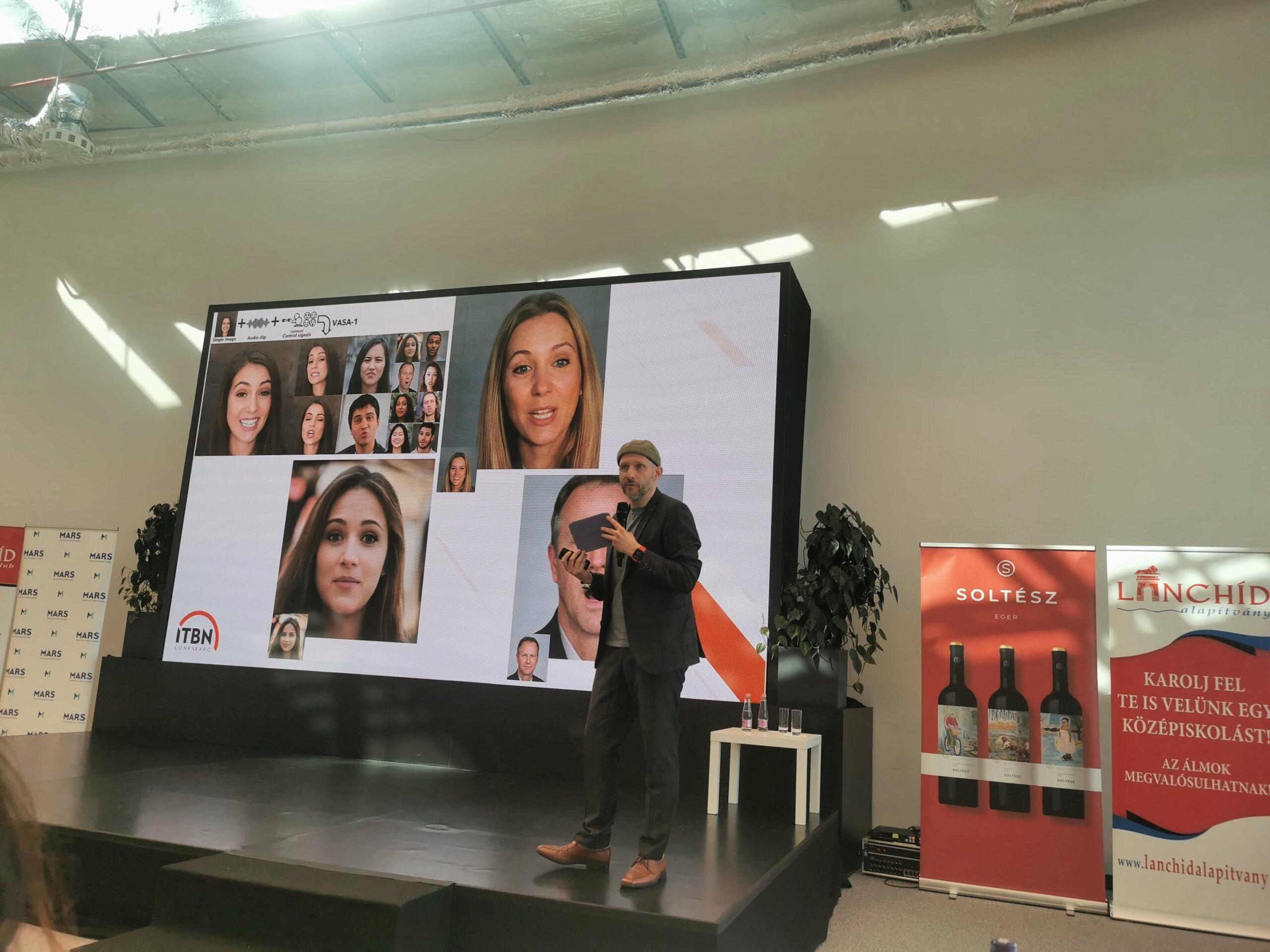
Arthur Keleti
Arthur Keleti, a futurist cyber secrets expert and the founder of the IT Security Day (ITBN), reviewed the future challenges of artificial intelligence and cybersecurity. His analysis primarily focused on the new security threats arising from the development of artificial intelligence, emphasizing the benefits of applying proactive security measures and strategies. He noted that technological advancements pose new challenges that require a structured, conscious approach rather than irrational fear or panic. Through examples, he illustrated how these cybersecurity threats can be effectively managed. His speech also extended to the future possibilities of integrating artificial intelligence with human interactions, warning of the risks and opportunities alike.
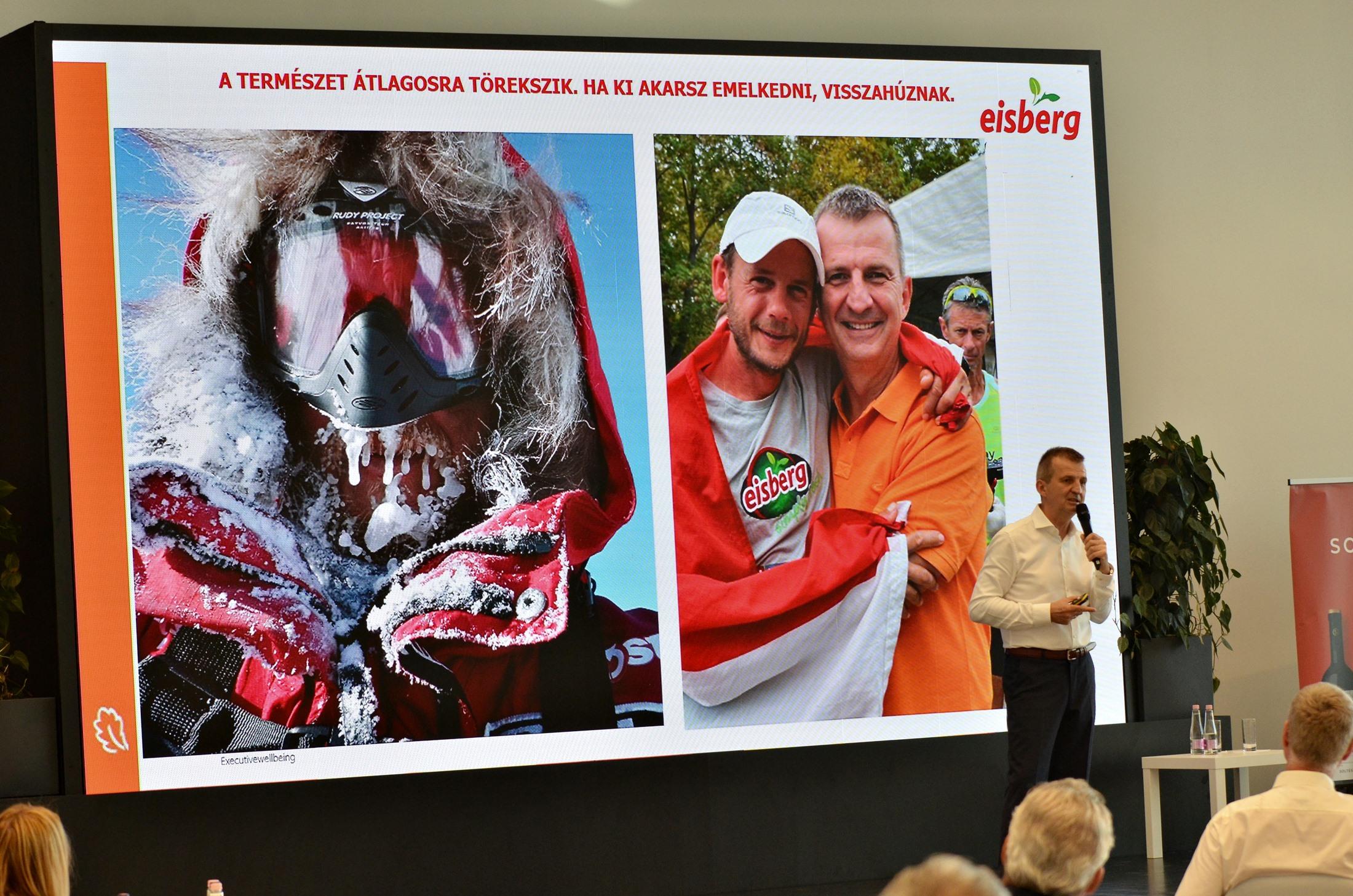
Zoltán Gazsi
Zoltán Gazsi, the managing director of Eisberg, spoke about the psychological aspects of corporate leadership and decision-making in his speech titled “The Executive Soul – A Human-Centric Approach.” He highlighted the challenges posed by technological advancement and global warming, and participants also learned that addressing these challenges requires not only technological adaptations but also proper treatment of people and the maintenance of psychological safety in the workplace. He emphasized that future leaders need to be empathetic and adaptable. Through personal examples and practical advice, he illustrated how to successfully navigate the challenges of the modern business world and emphasized the key role of human relationships in happiness and workplace efficiency.
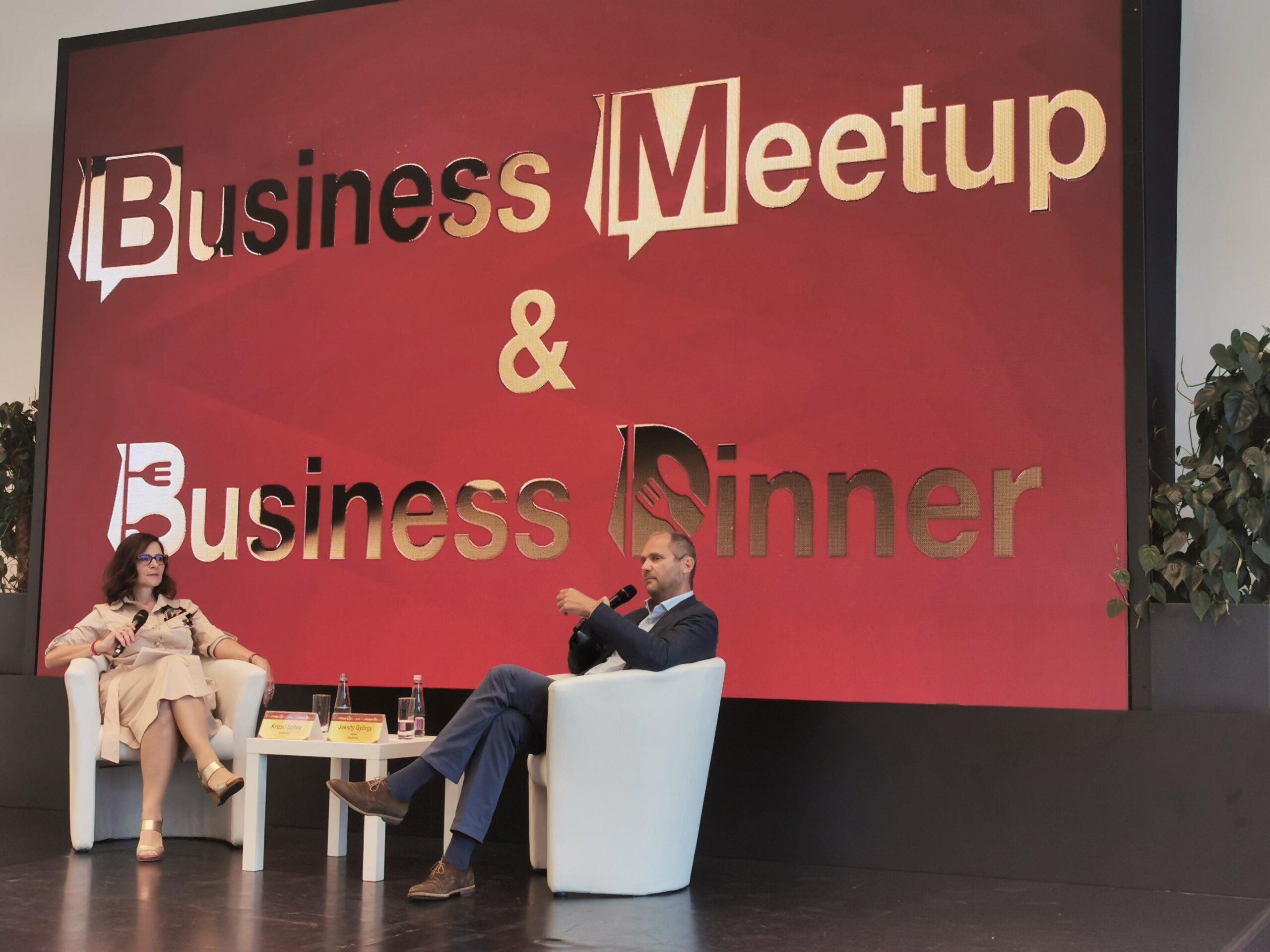
György Jaksity with Szilvia Krizsó
To conclude the program, György Jaksity, the president of Concorde, discussed current economic policy directions with Szilvia Krizsó. He scrutinized the current economic situation, while emphasizing the importance of investing in health at both individual and corporate levels. He outlined the strategic steps that decision-makers need to consider to promote economic stabilization and growth. The presentation provided insights into expected economic changes, aiding participants in understanding economic processes. At the end of the conversation, György Jaksity also touched on technological innovations and their impact on the economy, stating that the application of new technologies could fundamentally reshape the future economic structure.
Related news
EU Commissioner: New regulation strengthens protection for farmers and smaller suppliers in the food chain
🎧 Hallgasd a cikket: Lejátszás Szünet Folytatás Leállítás Nyelv: Auto…
Read more >AMC: Hungarian organic products can be presented in Germany
🎧 Hallgasd a cikket: Lejátszás Szünet Folytatás Leállítás Nyelv: Auto…
Read more >



